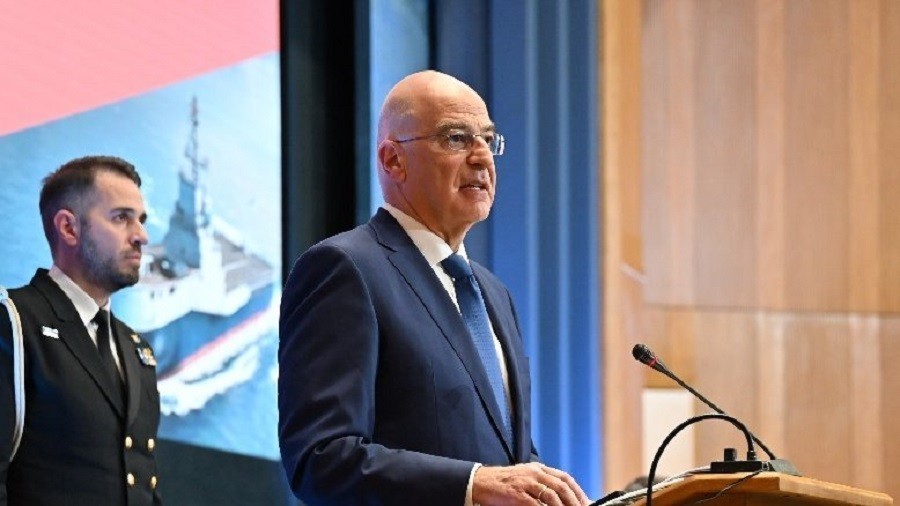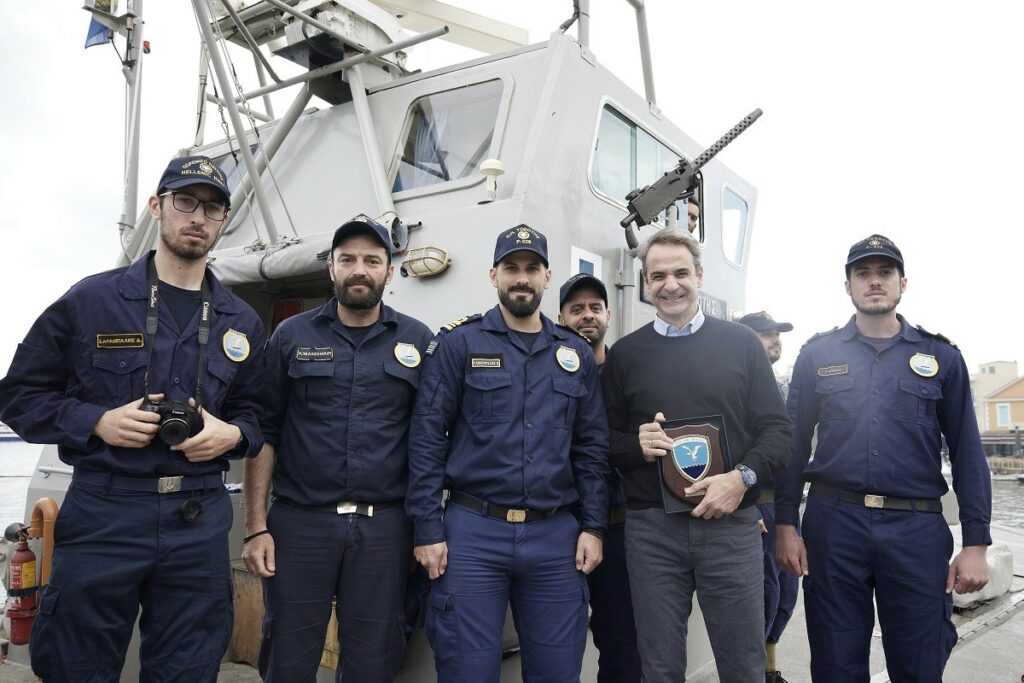
The deafening silence of Turkey’s victory in the Aegean…
By Nikolas Katsimpras
twitter: @nkatsimpras
Our greatest problems usually escalate incrementally undetected, only to become apparent when it is already too late. From climate change, to the daily covert massacre of car accidents all over Greece and the gun violence victims in the US, our collective reflexes fail to activate, until the impact is imminent and visible. This gradual, stealthy accumulation makes us accept tragedies as the norm, and it further pushes us into denial. By accepting the inevitability of a situation we simply justify our inaction and senselessly deprive ourselves of any agency. This is an ubiquitous vicious feedback loop of self-fulfilling prophecies that we subconsciously inflict upon ourselves voluntarily.
While this is true for a large number of problems in our daily lives, there is an aspect of it related to Greek national issues that us Greeks are not used to talking about. Instead, we prefer a course of action that has been proven to be inefficient, but it’s appealing due to its unchallenging familiarity.
A perfect example of this is Greece’s handling of the name dispute with Skopje. The gradual recognition of FYROM had been picking up pace until one day we woke up to a reality where the Greek name “Macedonia” had been essentially hijacked, with over 130 recognitions by UN member states. Our foreign policy was not able to adapt to its apparent shortcomings, as the name recognitions kept piling on. This is called ‘willful blindness’ and it might as well be our official strategy to most of our pressing national issues. Greece is, of course, not the only one in the ‘willfully blind club’. I would say that every country has its own fair share of vision impairments when it comes to its own problems.
Unfortunately, Greece has now reached at an even more terrifying realization – an established new reality in the Aegean. The banality of our familiarity with Turkey’s daily aggressions in the Aegean is essentially its greatest, silent victory. Ankara has been maintaining pressure through a series of sustained and consistently applied tactics. This has desensitized us and has made our allies accustomed to the new reality of instability in the Aegean. As a result, the 40 years, 1930’s to 70’s, of Turkey fully accepting our sovereign rights in the Aegean have been long forgotten.
For the past few decades, Turkey has been intruding Greek sovereignty on a daily basis. The Greek Air Force and Navy have been engaging reactively and diplomatic protests have been issued. However, the perpetuation of the current situation favors the supporter of the status quo. The problem is that Turkey has managed to ‘steal’ the status quo of the Aegean, establishing it in the consciousness of the international community as a disputed area. This was made possible because for the last few decades we have been dancing to the choreography of Turkey, with little desire to change the rules of the game. The same reactions and arguments are presented while they have been proven unable to cope with the fait accompli that Ankara has methodically orchestrated. At the end of the day, however, geography and history have created a situation that entitles Greece the exclusive economic rights in most of the Aegean. Allowing anyone to challenge this is a direct threat to the future of Greece.
At this point, the clock is ticking and time is on Turkey’s side. We need to change our mindset, giving priority to our transformation from passive observers to assertive, unpredictable actors.
Two of the main arguments that we do not utilize properly are related to the Flight Information Region. Upgrading the importance of FIR infringements is an immediate priority. An FIR infringement takes place when a Turkish jet flies into the Greek Flight Information Region without submitting a flight plan to the Greek air traffic controllers responsible for ensuring aviation safety. Truth is that we will never really find a shoulder to cry on for the violations of our airspace, but we will find allies interested in civil aviation safety and the lives of air travellers.
During 2016 alone, there have already been 546 infringements of the Athens FIR, with more than 100 taking place within the Terminal Control Area (TCA in the US or Terminal Monitoring Area in Europe) of civil airports in the Eastern Aegean. TCA is an internationally demarcated area around airports which is closely monitored due to the large volume of commercial traffic. Aircrafts in the TCA fly at a lower level and are in preparation for landing, a sensitive phase of their flight. Any uncontrolled flights near that area, without any communication with the Ground Station, is a major risk to aviation safety. The frequency of Turkish infringements dramatically increases the chances of an air accident, not only with Greek jets but also with civil aircrafts.
For a long time there have been alarming reports about the proximity of Turkish fighters in these areas with passenger planes, causing the activation of their Traffic Collision Avoidance System (TCAS). Each commercial plane carrying more than 19 passengers is equipped with TCAS and the Aegean is a hotspot for its activation due to Turkey’s persistence not to submit flight plans. Such incidents should be heavily exposed at every international forum. Instead of appeasing Turkey, lets wage a campaign on multiple levels, entitled “Blue Aegean, Safe Aegean” raising awareness about the danger of FIR infringements. We could also upload live images of Turkish fighter infringements within TCA online and next to them show the traces of civil aircrafts and their corresponding number of passengers .
It’s time to turn upside down the table that Turkey set up for us and to tackle its silent aggression with unpredictable innovation and calculated, strategic assertiveness.
- Article first published in Greek in the Sunday edition of Kathimerini, on July 17th 2016.Nikolas Katsimpras is a Senior Fellow at the Hellenic American Leadership Council, lecturer at Columbia University’s Master program on Negotiation and Conflict Resolution and a former officer of the Hellenic Navy. Twitter: @nkatsimpras

